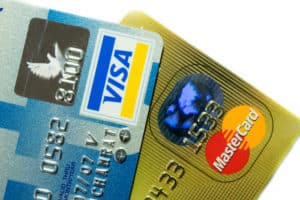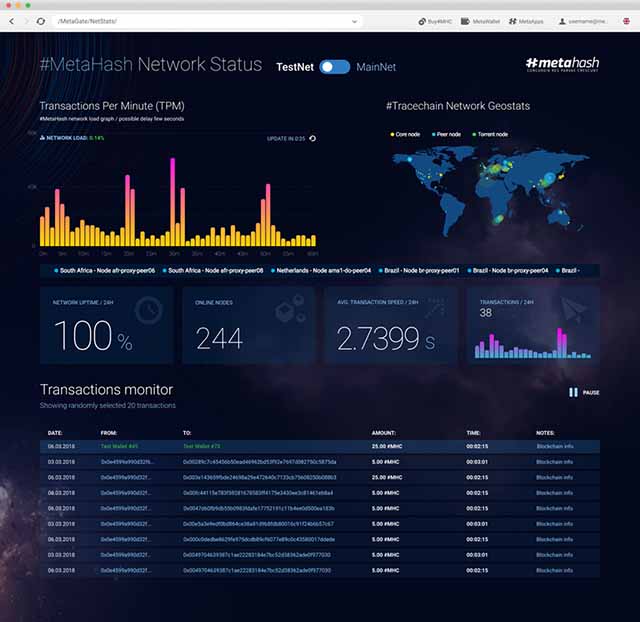2018-12-7 21:38 |
Patent Filing By Mastercard May Support Privacy Of Crypto Transactions
Mastercard is one of the biggest credit card companies in the industry today, offering multiple ways for consumers to make payments via card. In a recent development, the payments giant seems to now be examining ways that they can help cryptocurrency transactions to maintain their privacy through a patent.
The patent application, which was published on Thursday through the U.S. Patent and Trademark Office, showed a way that blockchain transactions would occur on the blockchain. By doing so, the origination and the amount in the transaction are concealed, protecting the sender.
The new system would provide an intermediate address, which would essentially be the public key. From there, transaction data can be stored, though a private key is created for the new transaction and the signature. Information from this transaction would show the destination for the funds and the amount paid.
The use of this method “would result in showing the user only transferring funds to and receiving funds from a small number of addresses that are also involved in a significantly large volume of transactions with various other users, thereby rendering the data innocuous,” according to the filing. An alternative way to hide these amounts could also be with the use of multiple addresses to perform multiple transfers.
An important point made in the patent is how blockchain platforms have been a beneficial place for transactions to take place. It notes the way that users like blockchain platforms for their anonymity, adding,
“Specifically, it is often extremely difficult to identify the user behind a blockchain address, meaning that an individual can transfer or receive funds utilizing a blockchain while keeping a high level of anonymity.”
Still, the majority of these ledgers aren’t actually anonymous. To maintain immutability and transparency, the chains themselves have to show these details for tracing purposes. Essentially, that means that every transaction has public data about destination, origination, amount, and much more, leading to identification of the users.
The patent adds,
“For instance, such data may, as it is accumulated and analyzed, eventually reveal the user behind a wallet or at least provide information about them … However, the existing communications and attribution structure of blockchain technology such as bitcoin require identification of where the transactions are emanating and terminating, in order to maintain the ledger. Thus, there is a need for a technical solution to increase the anonymization of a wallet and the user associated therewith in a blockchain.”
Much of the information offered in the patent application is like the ideas of Monero and Zcash, two cryptocurrencies that highlight the importance of privacy for users. Though there are many users that prefer to maintain anonymity, the aforementioned coins are exactly why the government wants the ability to trace funds. In a pre-solicitation document from the U.S. Department of Homeland Security, the agency noted their plan to study forensic analysis techniques that allow them to watch these types of transactions.
When the Next Web reported on this issue, they reminded readers that the patents don’t always reach their goal. They added,
“This could be a power move from MasterCard to prevent anyone else from making a system for anonymous digital transactions first.”
origin »Bitcoin price in Telegram @btc_price_every_hour
Cardstack (CARD) на Currencies.ru
|
|











